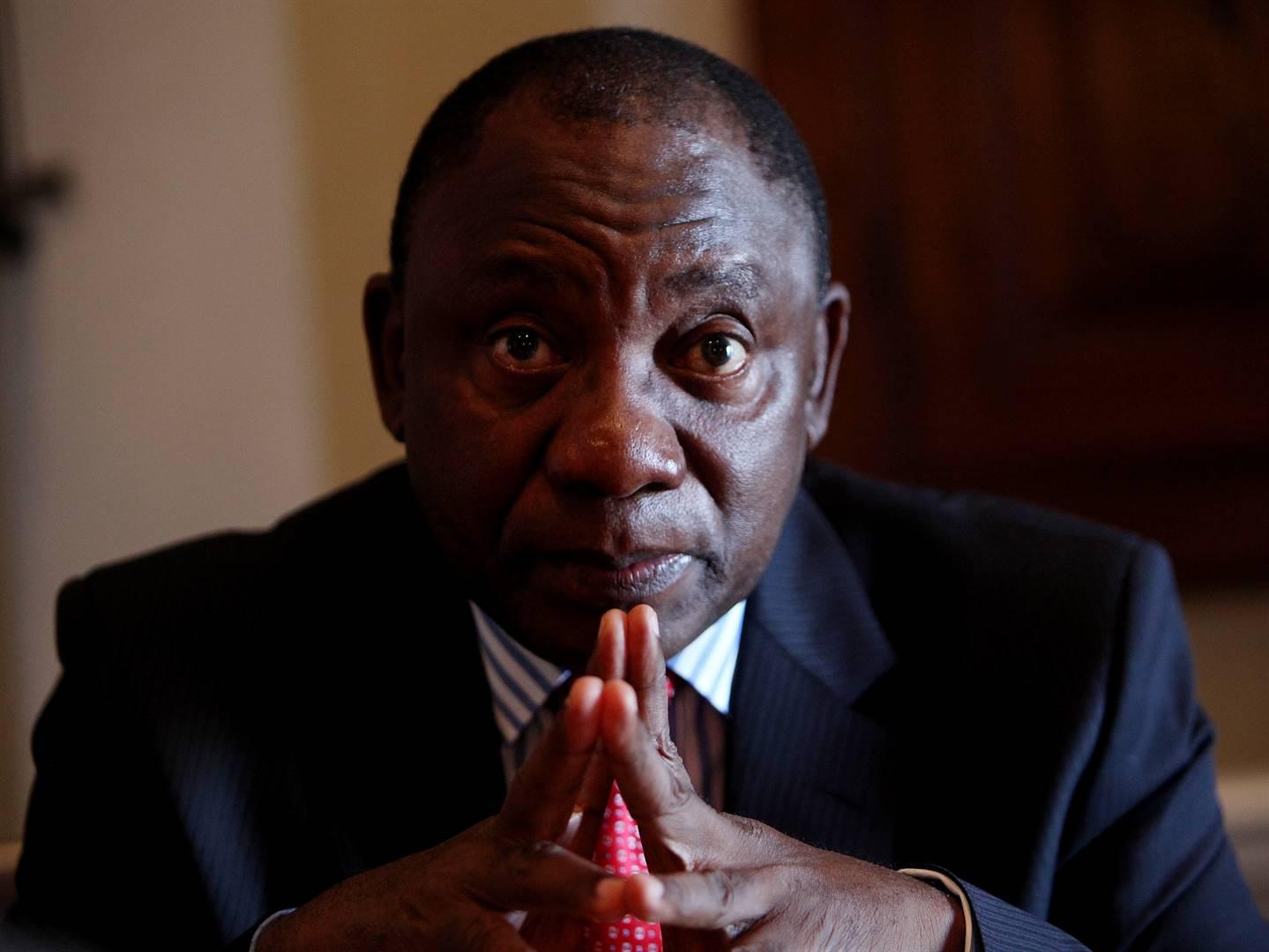Africa-Press – South-Africa. Although some intelligence reports were handed to the government, it did not reflect the full scale of what occurred during the unrest that broke out in the country in July 2021, President Cyril Ramaphosa said on Friday.
“The events as they manifested themselves, and the scale, intensity and ferocity were unforeseen. What we had gleaned from some of the reports was that there were protests and signs of unhappiness, particularly over the incarceration of former president Jacob Zuma,” Ramaphosa said.
He was testifying at a South African Human Rights Commission hearing into the unrest, which claimed the lives of more than 340 people and bludgeoned the economy to the tune of R50 billion.
July unrest: Tribalism was ‘rearing its ugly head,’ President Cyril Ramaphosa tells SAHRC
Detailing the role of intelligence and the knowledge that the government had prior to and during the unrest, Ramaphosa said the targeting of key structures was not predicted.
“None of what happened or ensued in the targeting of malls and infrastructure was foreseen. That never surfaced in reports or indications.”
Ramaphosa said the extent of the knowledge the government had from intelligence included the mobilisation of truck drivers and unhappy Zuma supporters.
He said:
“I guess you could say there was an intelligence failure, security-gathering failure. Should it have been known? Yes. We were not fully forewarned about it.”
He added that, even if intelligence was accurate, it was likely that the police would still have been under-resourced .
“The speed with which it happened, given the lack of resources they had, given the lack of being properly organised themselves, I think they would have been challenged as they themselves concede.
“Public Order Policing was not structured or organised. It did not have personnel to deal with this, was too centralised to respond quickly, and did not have all the equipment they had.”
Intelligence structures not optimal due to Covid-19 pandemic
Ramaphosa conceded that the Covid-19 pandemic interfered with intelligence.
He said that while he wanted the national security council to focus on the security situation, the explosion of Covid-19 “kind of stopped that”.
AS IT HAPPENED |
‘We are not a failed state’ – Ramaphosa says those behind July unrest will face law
“It was a great mistake on our part, but we were called upon to focus more on the pandemic, which had security ramifications. We met soon after the unrest happened, almost every day. We [have] now resolved, following the criticism made against us [about] not meeting prior, to meet every two months.”
He also scoffed at criticism from people in the government and the public, who said it was difficult to get hold of his office during the unrest.
“Even if you don’t meet, there is never a shortage of ways of communicating. To say you will only rely on one sole method of communication is taking a shortcut.”
Never miss a story.
Choose from our range of newsletters to get the news you want delivered straight to your inbox.
For More News And Analysis About South-Africa Follow Africa-Press






